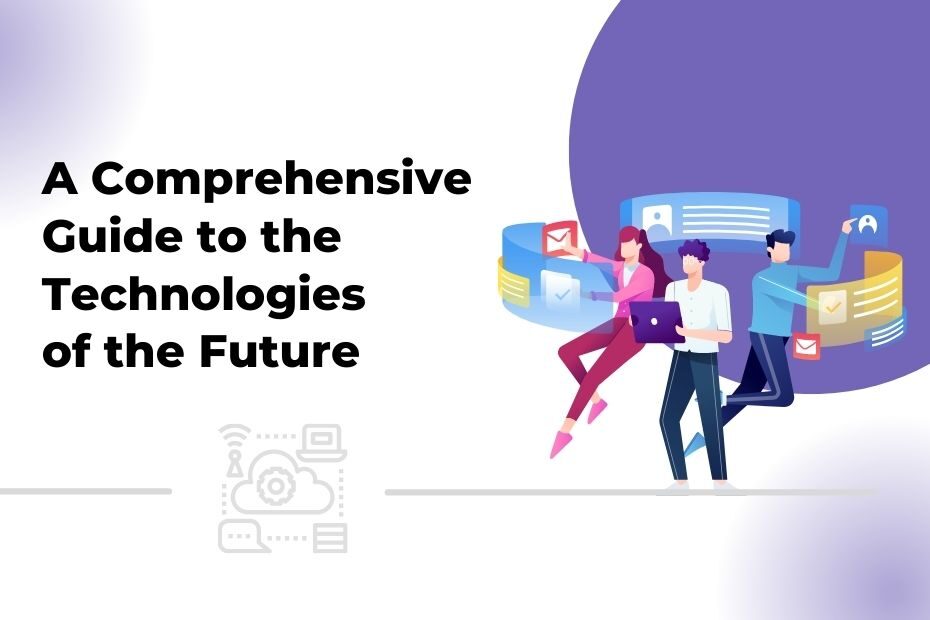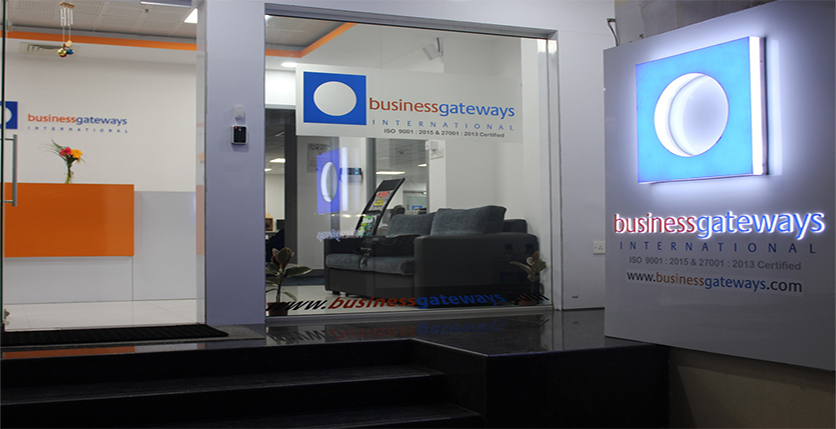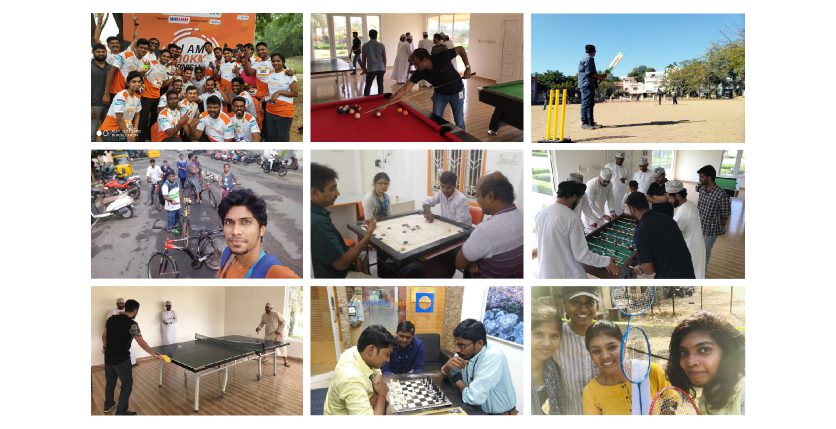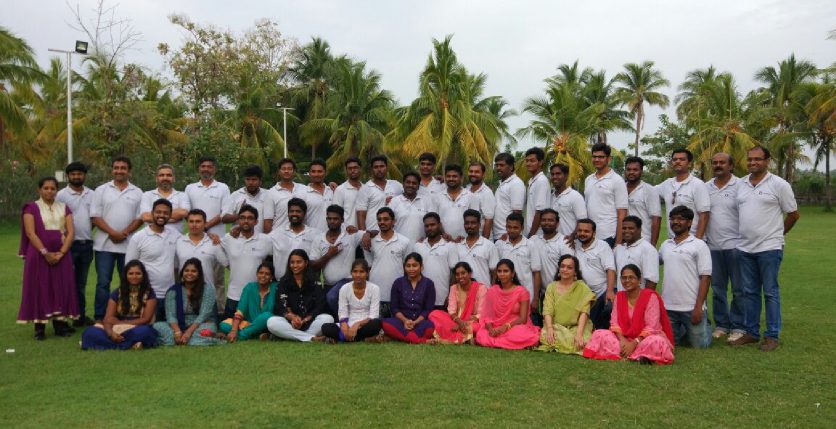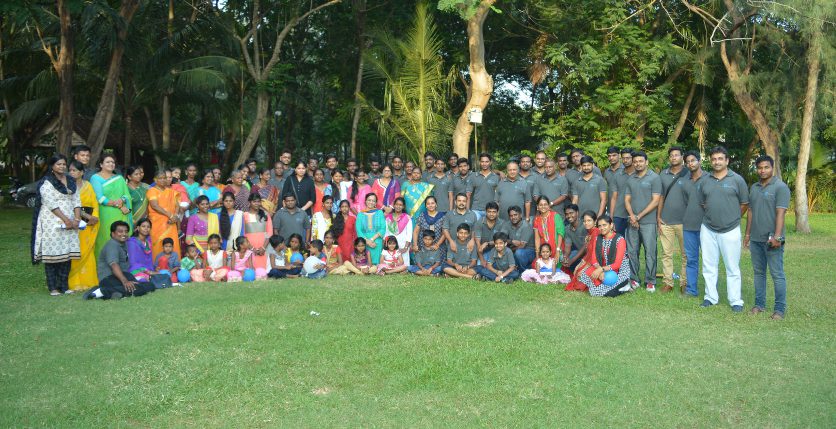The future is here, and it’s high-tech. We will be seeing more and more developments in the world of technology. The seven technologies that we’ve mentioned in this article are just the tip of the iceberg. There are many other technologies that are being developed, but these seven have captured our imagination for their potential to change how we live and work.
1. Blockchain Technology
Blockchain technology is a decentralized digital ledger system that maintains a continuously growing list of transactions across many computers. It was invented by Satoshi Nakamoto in 2008. In its simplest terms, blockchain is a distributed database that is maintained by a network of users who have access to the data. Each time a transaction occurs, it is added to the blockchain. Once recorded, no changes can be made to the information contained in the blockchain without the alteration of all subsequent blocks and their contents.
2. Artificial Intelligence (AI)
Artificial intelligence is a field of computer science that focuses on the design and study of intelligent machines. AI software programs are designed to mimic human decision-making processes. AI systems are able to learn from experience and make decisions based on previous knowledge.
3. Internet of Things (IoT)
The IoT is a term used to describe how everyday objects are connected to the internet using embedded sensors and actuators. An example of this would be smart thermostats that adjust themselves according to our schedule. These devices use machine learning algorithms to collect and analyze data about our habits and environment.
4. Machine Learning
Machine learning is a subset of artificial intelligence where algorithms teach themselves over time. A good example of this is self-driving cars. As they drive around, cameras take pictures of everything around them. These images are then fed into the car’s onboard processor. Over time, the car learns what things look like and how to distinguish between different types of vehicles.
5. Quantum Computing
Quantum computing is the future of computing. It uses quantum mechanics to perform calculations at speeds 100 times faster than traditional computers. Researchers believe that quantum computers could be built in the near future.
6. Augmented Reality (AR)
Augmented reality is a live direct or indirect view of a physical real-world environment whose elements are augmented by virtual computer-generated sensory input such as sound, video, graphics or GPS data. AR technology has been widely used in various industries including healthcare, architecture, manufacturing, retail, transportation, construction, military, education, and others.
7. Virtual Reality (VR)
Virtual reality is a simulated environment created by computers. The user wears special goggles and headphones while interacting with the VR world. This gives the user the feeling of being present in the VR environment.
In conclusion, the technologies of the future are set to revolutionize the way we live, work, and play. They will shape the way we interact with the world around us and make previously impossible tasks possible. To stay up-to-date on the latest in technology, like, follow, and comment on this blog.
